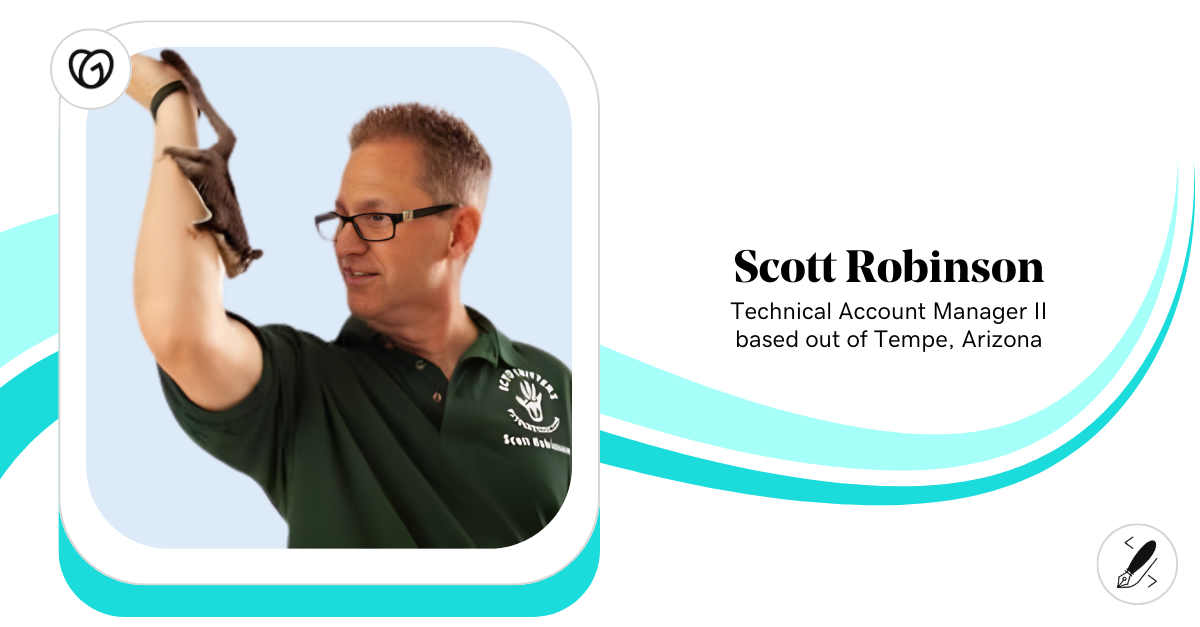When we think of career planning strategies, we often assume they apply to college students or perhaps proactive high school graduates excited to join the workforce. You’re not exactly wrong, but you’re not entirely right. Career planning is a continuous process; it’s not just for those looking to enter the job market.
Capricious as jobs are these days, even if you feel secure in your current position, things can change at the drop of a hat.
This is why long-term planning strategies play such an integral role in career success. A simple mistake on the job or even perhaps just the desire for new scenery can result in you looking for new employment. When this happens, you don’t want to be left without a proper plan.
The importance of planning strategies
We all remember Blackberry; the mobile company was extremely popular during my college years — if you didn’t own one these phones, did you really even own a phone? But I digress...
In the space of a year, the company went from making from hundreds of millions of dollars in quarterly profits to a loss of the same magnitude. In 2012, roughly 7,000 employees lost their jobs — just like that! And this is not an isolated story. It happens more often than you can imagine.
It might not even be as dramatic as suddenly losing your job. Maybe the career you’re currently in is not where you want to be in the next five or 10 years. That’s perfectly understandable. Sometimes, we choose vocations at a very young age, only to lose our zeal for it years later.
These days, many people choose a particular job out of sheer desperation. When you have a family to support, sometimes you have to take what’s available. Fast-forward 10 years down the road, and what was supposed to be a short-term job has taken up more years of your life than you care to admit.
Don’t worry — it’s not too late to implement a long-term planning strategy for your future. Here’s what I suggest you do to plan ahead!
Identify your goals

Figure out your ultimate career goal by envisioning a path that seems fulfilling. Do you want to own an own accounting firm? Or do you have plans to open a clothing store?
If you’re not quite sure, think about your passions, skills, experiences and natural abilities — and let them guide you.
Reflect on the past experiences and positions you’ve had in your career so far. Which ones did you enjoy most? If you’re still stuck, consider professional advice such as that of a career counselor. Career seminars, job shadowing and even informational interviews can also be extremely helpful if you’re making a long-term career change. You can even take a free career assessment test online to get you in the right direction.
Once you have this part figured out, you can move on to the next step in executing the long-term planning strategies needed to make your dreams come true. One very popular, but nonetheless important factor, is ensuring that your goals are SMART.
Here’s how that breaks down:
- Specific — Your goals need to be well defined and simple.
- Measurable — Track your progress so you’ll know when you’ve accomplished your goals.
- Accepted — Goals or plans need to be realistic or this will only lead to frustration.
- Reasonable — This relates to knowledge, time and even resources required.
- Time-bound — Allow enough time to achieve your goals without dragging out the process with no specific end in sight.
Once you’ve come up with a SMART plan, it’s time to start implementing it.
Implement a plan
So you’ve finally figured out what you want to do in the future. Now, let’s figure out how and when it’s going to get done.
What you need is a career action plan.
First, research the requirements needed to attain your ultimate goal. Are you already qualified for this job, or do you need to earn a particular degree or certification? Set some career development goals that will facilitate a smooth transition to your new career.
Career development
If you need to upgrade your skills, get certified in a particular area, or complete a degree program, figure out how you are going to do it. You might need to take online classes, go to community college, or take college courses at night. Once you’ve figured out how, set a timeline for when you plan to start.
Fill out the necessary applications, pay the required fees, organize a babysitter for the kids at night — or talk to your boss about changing your work hours to facilitate these plans.
Whatever you need to do, just make sure it’s all done so that you can meet this timeline. (You also need a timeline for completion.) What kind of degree or certification are you working toward, and how many months or years will it take to achieve this?
Create milestones along the way. This will motivate you even more. Did you pass all your courses this semester? Celebrate! You are on the right track for achieving your ultimate goal.
Networking and experience

A successful career change always requires networking and, of course, experience. You might have years of experience in your current field, but when you make that switch, it’s going to be like you’re starting from scratch.
This is where proper networking comes into play. Draw on people you know in the industry and let them know about your plans. Volunteer, work part-time, or even shadow someone in that career field so you can gain valuable experience and build up your resume.
As you develop planning strategies, keep in mind the job market is already very competitive. You’ll be contending with other job seekers with experience and skills. This is why networking will ultimately be one of the most important factors during your career transition.
Evaluate your progress
After a while, you need to evaluate your progress. Set a timeline for these evaluations. Are you still on track regarding specific timelines? If not, don’t let this demotivate you. There are always roadblocks along the way. The real question is, what caused these roadblocks? Was it financial challenges? Was school affecting your job or family life? Maybe you forgot to include certain things when you were putting your long-term planning strategies into effect.
Whatever you do, don’t panic. It’s not too late to include them now. Make the necessary adjustments, set new timelines, and continue on your journey. It will be worth it in the end!






